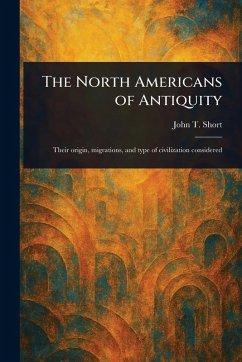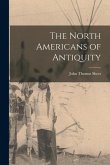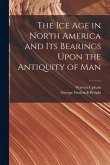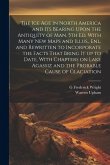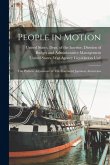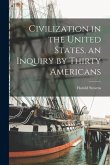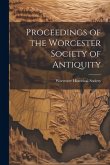"The North Americans of Antiquity: Their Origin, Migrations, and Type of Civilization Considered" explores the fascinating history of pre-Columbian civilization and ancient Mexico. John Thomas Short delves into the origin and migrations of North American Indians, offering insights into their societal structures and cultural development. This meticulously researched historical text examines the archaeology and antiquities of the Indians of Mexico, providing a detailed overview of their world. Explore the sweep of Native American history, from ancient settlements to the dawn of the colonial period. Uncover the story of Indian migration and the diverse cultures that flourished across the North American continent. A compelling study for anyone interested in the rich tapestry of early American history. This work has been selected by scholars as being culturally important, and is part of the knowledge base of civilization as we know it. This work is in the public domain in the United States of America, and possibly other nations. Within the United States, you may freely copy and distribute this work, as no entity (individual or corporate) has a copyright on the body of the work. Scholars believe, and we concur, that this work is important enough to be preserved, reproduced, and made generally available to the public. We appreciate your support of the preservation process, and thank you for being an important part of keeping this knowledge alive and relevant.
Bitte wählen Sie Ihr Anliegen aus.
Rechnungen
Retourenschein anfordern
Bestellstatus
Storno

